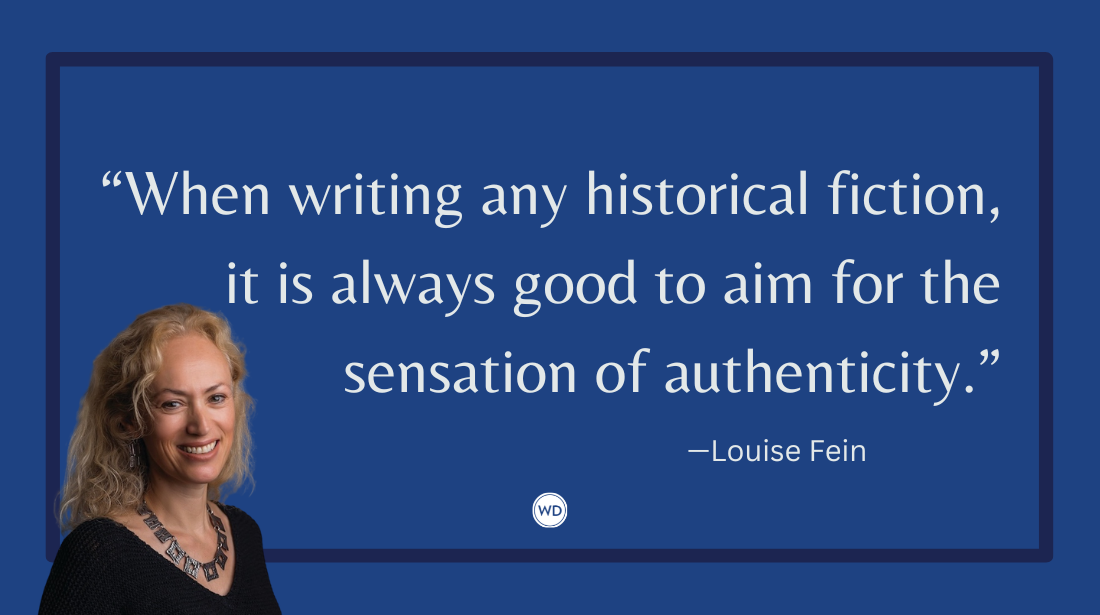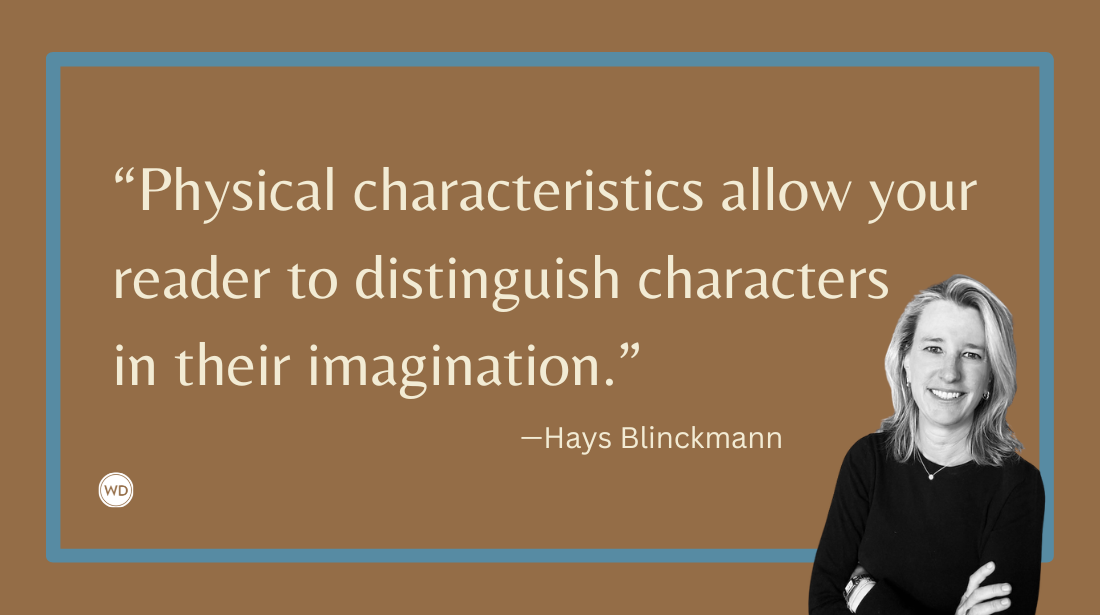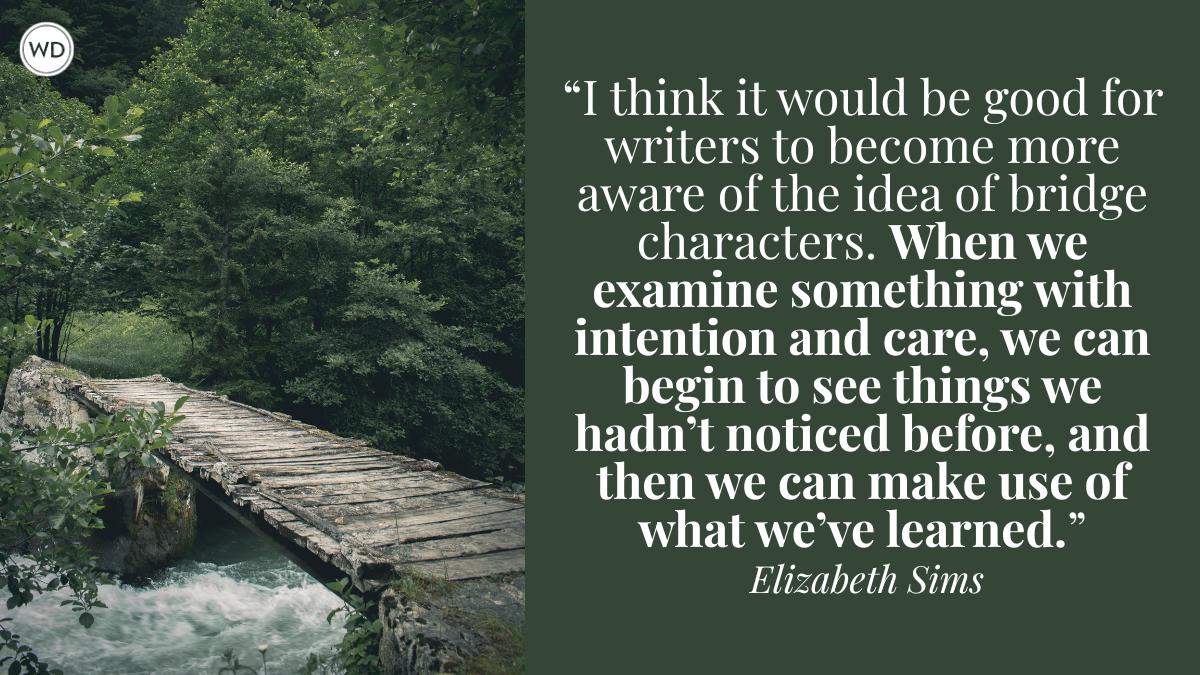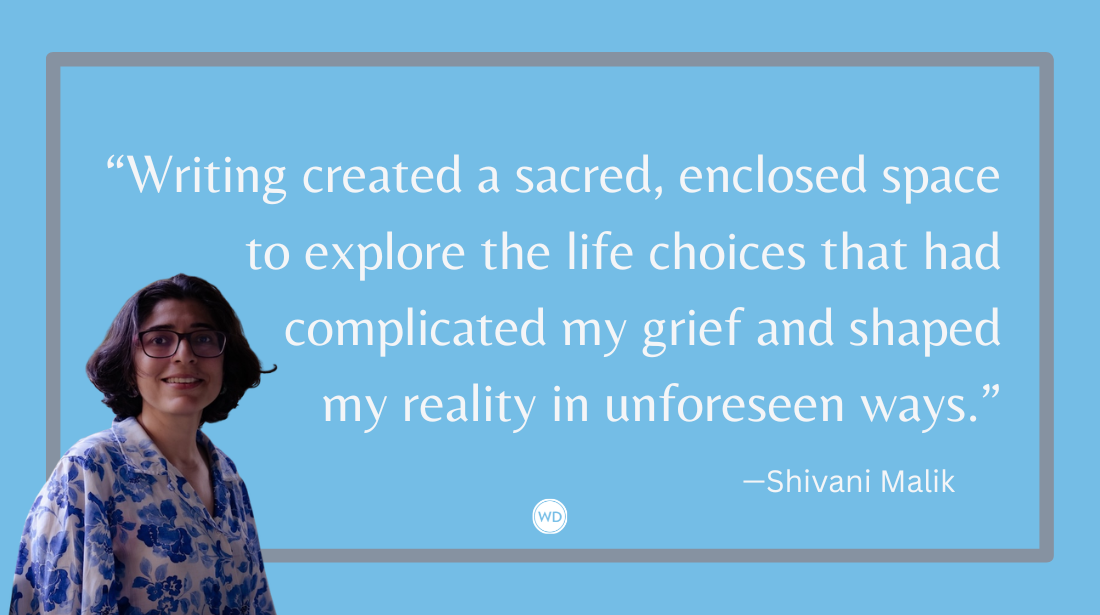9 Ways Writing Short Stories Can Pay Off for Writers
Bite-sized fiction has moved mainstream, and today’s readers are more eager than ever to “read short.” Here’s why writing little stories is paying off in a big way from author Anne R. Allen.
I thought short stories stopped being relevant for professional writers decades ago when mainstream magazines such as The Saturday Evening Post stopped publishing fiction; I equated short fiction with those finger exercises piano students do before they graduate to real music. If you’re serious about a career in fiction, you write novels ... right?
Wrong. Short stories are having a revival in the digital age. As book marketing guru Penny C. Sansevieri wrote in The Huffington Post, “Short is the new long. Thanks to consumers who want quick bites of information and things like Kindle Singles, consumers love short.” It seems the short story is back—on an iPhone near you.
Here are nine factors working in favor of a short story renaissance:
1. Small, portable screens are changing the way we read.
“The single-serving quality of a short narrative is the perfect art form for the digital age. … Stories are models of concision, can be read in one sitting and are infinitely downloadable and easily consumed on screens,” bestselling short-story writer Amber Dermont told the New York Times.
Cal Morgan of Harper Perennial agrees. “The Internet has made people a lot more open to reading story forms that are different from the novel,” he says.
When Amazon in 2011 launched its Kindle Singles program—which publishes works of fiction or creative nonfiction of 5,000–30,000 words—it sold more than 2 million short titles in 14 months. Today, it’s further promoting short fiction with a Short Reads section—where customers can choose stories from the Singles library by the length of time required to read them—and Day One magazine, which showcases short fiction from new authors.
2. Anthologies are hot.
Multi-author anthologies are a great sales tool, and they’ve been reborn in the e-book space, where they’re inexpensive to put together and provide wide visibility. While digital-only anthologies usually don’t pay and often donate proceeds to a charity, if you can get a story featured alongside well-known authors in your genre, you’ll be paid in publicity that would be hard to buy at any price.
Print anthologies are also a fantastic way for newer authors to break onto bookshelves; there are still plenty of staples, such as the Chicken Soup series, being stocked in stores in droves. Multi-author collections vary in prestige—the venerable Best American Short Stories is a solid bestseller every year, packed with the top names in literary fiction—but getting your work into any anthology vetted by an editor and chosen through a submission process will look great in your bio and draw fans to your other work. You can find calls for submissions to anthologies on sites such as Duotrope (duotrope.com) and Writer’s Relief (writersrelief.com), in the classified sections of magazines such as WD, and through simple Internet searches.
3. Publication identifies you as a professional.
If you’re on a career track, you need to show agents, publishers, and reviewers you’re serious. Placing stories in respected literary journals will do that. Years ago, placing stories was tough. Fiction had vanished from most mainstream magazines. Even no-pay literary journals were fiercely competitive and expensive to buy. Now, most journals are available online. They have larger readerships and you don’t have to pay a fortune to read them to find out what the editors want. More publications focus on genre or flash fiction, not just literary work. And there are showcases for short fiction where you can start building a fan base before you publish a novel, including Wattpad (wattpad.com), which allows all users to upload their stories, free for other users to read; and Readwave (readwave.com), which shares “3-minute stories” written by users.
Amazon
[WD uses affiliate links.]
4. Networking with short fiction editors can further your career.
Editors at small magazines often have connections in the publishing world. I found my first publisher because one of its editors volunteered for a digital literary magazine that accepted one of my stories. The litzine went under before my story appeared, but the editor asked if I had any novels he could take to the small publishing house where he worked. Two months later, I had my first publishing contract.
5. Filmmakers buy rights to short stories.
Just as indies are re-invigorating publishing, they are also the lifeblood of the film industry. While big studios concentrate on huge comic book spectacles, many emotionally rich, award-winning films are coming from small-budget indies, such as Larry Yust’s adaptation of Shirley Jackson’s “The Lottery,” Chandler Tuttle’s 2081, based on Kurt Vonnegut’s “Harrison Bergeron,” and Steph Green’s onscreen retelling of Roddy Doyle’s “New Boy.”
6. Online retailers favor authors with more titles.
The more titles you have in an online bookstore, the more visible you are. Most writers can’t turn out more than a couple of books a year, but they can write and publish short stories and novellas in between.
7. Short fiction contests can build your bio.
Contests are easy to find and enter in the Internet era. C. Hope Clark’s Funds for Writers (fundsforwriters.com) and Winning Writers (winningwriters.com) are good free sources for vetted and free contests, and established publications (including WD) often sponsor competitions that provide opportunities for authors in all genres. A win or even honorable mention looks great in a query or bio. Some of the biggest awards in literature are still for short fiction, sometimes offering a prize as high as a standard novel advance, as do the Pushcart and O. Henry Prizes.
8. Shorts keep fans engaged and draw new ones.
Forward-looking agents encourage authors to self-publish short stories—especially when writing a series. Shorts keep fans interested while they’re waiting for the next book, and a free story in between is a great marketing tool. Consider writing a couple of shorts about your main characters while you’re working on the novel. It may get you through a tricky spot in the big work and give you a salable product for later. (Also, many great novels started as shorts. A story about a minor character may expand into a novel of its own.)
9. Today’s short stories make money and hold their value.
Per word, a story can make more money than a novel. Not only does it take less time to write, a Kindle Single often sells for the same price as a novel-length e-book, and it can be repurposed many times. Some large magazines still publish short fiction, and publications such as Asimov’s, Ellery Queen, and Woman’s World still pay top dollar for genre stories.
Short stories are great for practice, too. Learning to write short can keep your prose from getting flabby. You shouldn’t give up on your magnum opus, but try a few ideas out in short stories. You’ll be grateful you have inventory when the opportunity comes knocking.
Anne R. Allen is the author of seven comic mysteries and co-author of How to Be a Writer in the E-Age: A Self-Help Guide, written with Catherine Ryan Hyde. She is a former actress and stage director, a graduate of Bryn Mawr College, and lives on the beautiful Central Coast of C.a., near San Luis Obispo—the town Oprah called the "happiest town in the US." Visit her blog at annerallen.blogspot.com.









